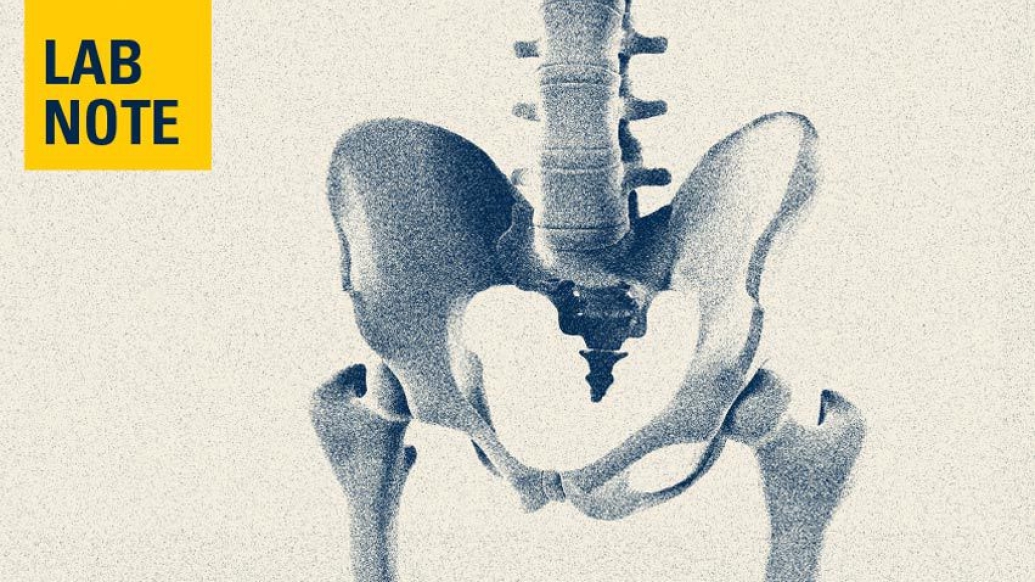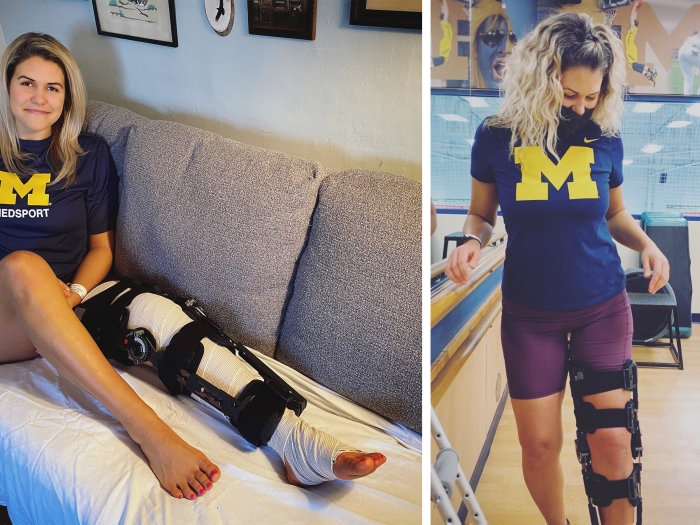Patients with less tender pelvic floor muscles might benefit more from physical therapy while those with widespread pelvic floor pain may need systemic treatments as well to address their pain.
5:00 AM
Author |

Among patients with chronic pelvic pain and urinary issues, those with intense soreness throughout their pelvic floors are more likely to experience pain that is driven by the central nervous system. As a result, they might benefit from systemic treatments that address their overall pain, according to a recent multi-site study.
Patients with urologic chronic pelvic pain syndrome who have a lesser degree of pelvic floor tenderness might be better candidates for treatments that target their pelvic floor tenderness specifically, such as physical therapy, the researchers found.
"One of the challenges of treating pelvic pain is that patients often have more than one problem going on," said Priyanka Gupta, M.D., a urologic surgeon at University of Michigan Health, a clinical associate professor of urology at the University of Michigan Medical School and the first author of the paper. "As clinicians, we're trying to figure out what therapies are better for patients and for pain conditions it can be trial and error to find a therapy that is helpful. One aim of this study was to determine if we can better categorize patients at the beginning of their care so we can target our treatments better."
This paper is one of several analyzing the results from the Multidisciplinary Approach to the Study of Chronic Pelvic Pain Research Network, an NIH-backed initiative that has spanned almost 15 years and included researchers in a range of disciplines from six institutions. (J. Quentin Clemens, M.D., the associate chair for research in urology at Michigan Medicine, is the chair of the MAPP network.)
Gupta notes that the MAPP network plans to publish a clinical summary of their various studies' findings in the near future.
Paper cited: "Is Pelvic Floor Muscle Tenderness a Distinct Urologic Chronic Pelvic Pain Syndrome Phenotype? Findings from the Multidisciplinary Approach to the Study of Chronic Pelvic Pain Research Network Symptom Pattern Study," The Journal of Urology. DOI: 10.1097/JU.0000000000002679

Explore a variety of health care news & stories by visiting the Health Lab home page for more articles.

Department of Communication at Michigan Medicine
Want top health & research news weekly? Sign up for Health Lab’s newsletters today!





